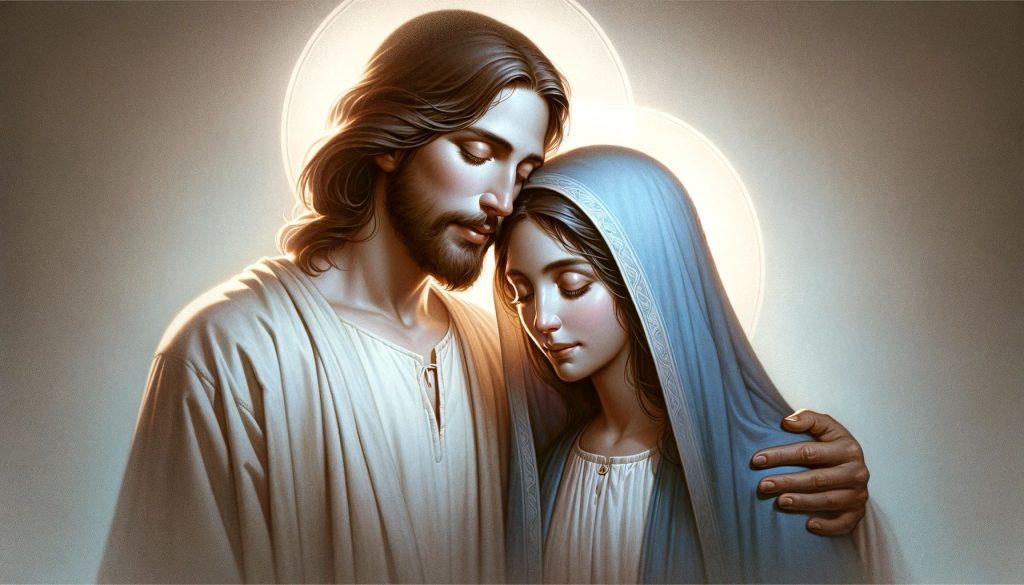Purgatory Knows No Denomination
In the Catholic understanding, purgatory is a realm that transcends denominational distinctions. It exists as a place for the purification of souls, regardless of their religious beliefs during their time on earth. This is echoed in the Scripture, where it is stated, “For we must all be manifested before the judgment seat of Christ, that every one may receive the proper things of the body, according as he hath done, whether it be good or evil” (2 Corinthians 5:10). This passage highlights the impartial nature of divine judgment and the universal application of purgatorial purification.
The Universal Nature of Purgatory
The Bible further underscores the universality of purgatory. For instance, Saint Paul, in his First Letter to the Corinthians, explicates, “Now if any man build upon this foundation, gold, silver, precious stones, wood, hay, stubble: Every man’s work shall be manifest; for the day of the Lord shall declare it, because it shall be revealed in fire; and the fire shall try every man’s work, of what sort it is” (1 Corinthians 3:12-13). These verses suggest that every individual’s actions will be tested and purified, akin to materials in fire, underscoring the non-exclusionary nature of purgatory.
Heaven’s Standards
The journey of the soul to heaven is contingent upon its state of sanctity. Heaven, as described in the Scriptures, is a place where nothing impure can dwell. This is articulated in Revelation: “But there shall not enter into it any thing defiled, or that worketh abomination or maketh a lie, but they that are written in the book of life of the Lamb” (Revelation 21:27). This verse implies that only those souls purified and sanctified are admitted into the heavenly realm.
Purgatory’s Purpose
The role of purgatory, therefore, is to refine and prepare the soul for its eternal communion with God. This process of purification is necessary regardless of the individual’s earthly beliefs. Saint Peter offers insight into this process: “That the trial of your faith (much more precious than gold which is tried by the fire) may be found unto praise and glory and honour at the appearing of Jesus Christ” (1 Peter 1:7). This verse likens the purification of faith to gold tested in fire, highlighting the value and necessity of this spiritual refinement.
The Inevitability of Purgatory
In conclusion, the concept of purgatory as portrayed in the Douay-Rheims Bible is a universal one, extending beyond any denominational barriers. It is a state of existence where souls, be they Protestant, Catholic, or of any other faith, may find themselves if not fully prepared for the glory of heaven. Purgatory serves as a crucial phase in the soul’s journey towards eternal bliss, emphasizing the indispensable role of spiritual purification in God’s divine plan.
🙏 PayPal Donation Appreciated
The Case for Catholicism - Answers to Classic and Contemporary Protestant Objections
Disclaimer: As an Amazon Associate, I earn from qualifying purchases. Thank you.
